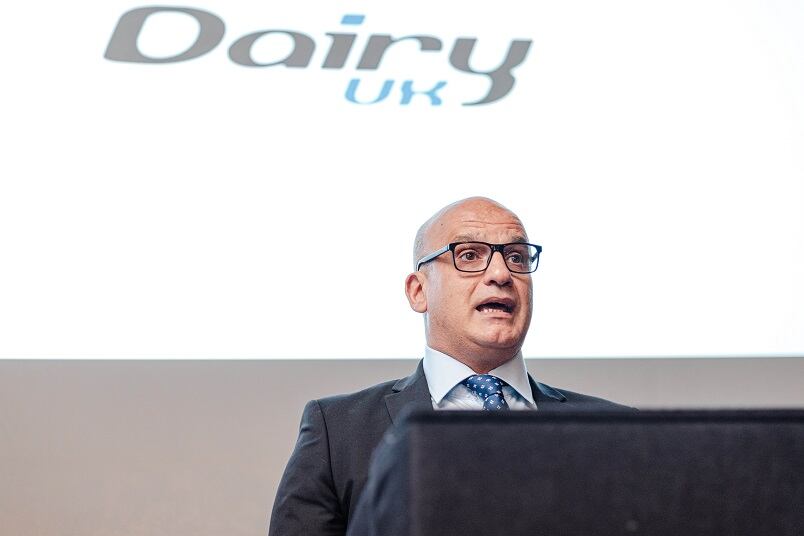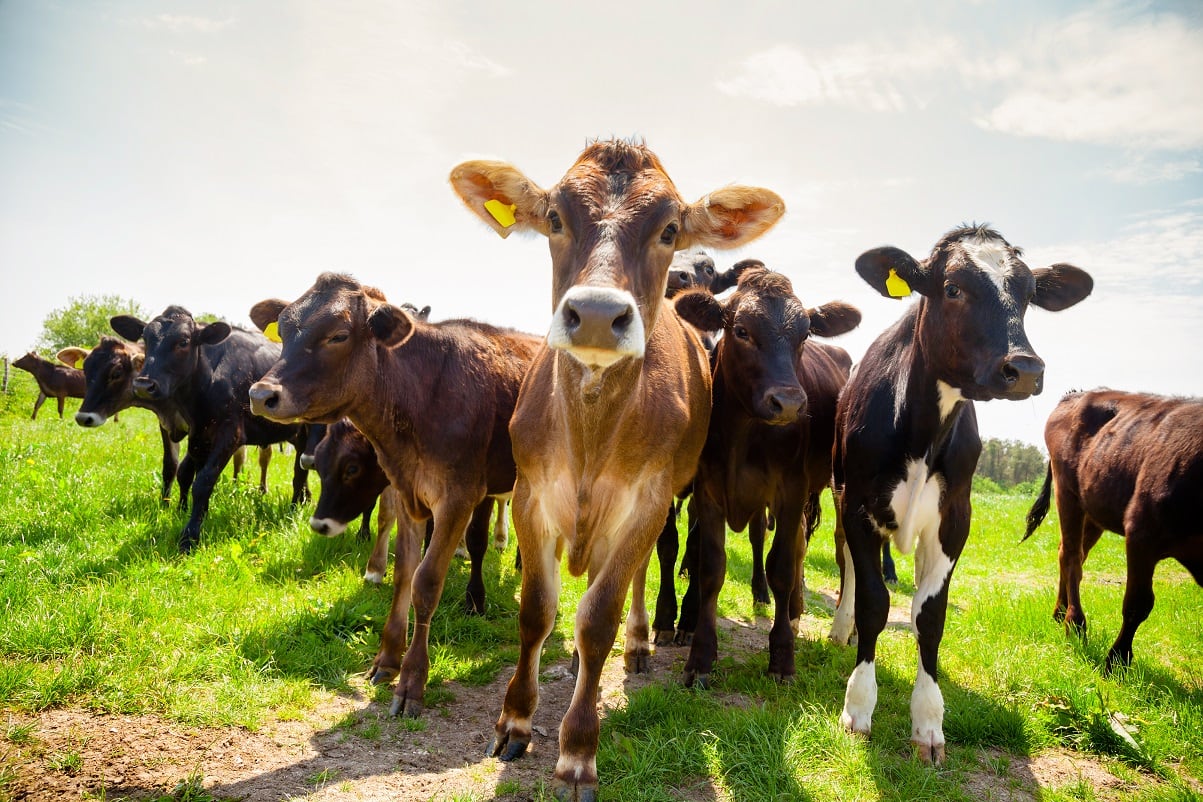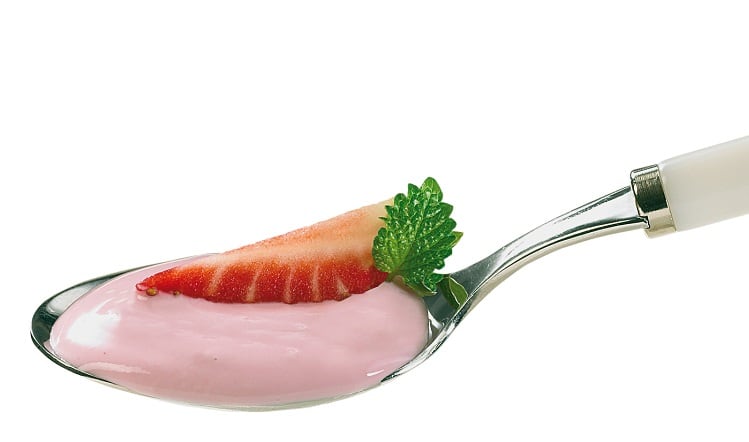Speaking at Dairy UK's dinner on 15 June in London, which has been traditionally held annually, but which skipped two years because of the pandemic, Amirahmadi, who is also chairman of the trade group, said: "It was heartening to see in the Food Strategy White Paper published by DEFRA [Department for Environment Food and Rural Affairs] on Monday [13 June] that the Government recognises the critical importance of the food industry in this nation's food security and international trade.
"Reading through the White Paper, I was encouraged to see the ambition to have a resilient, prosperous agri-food sector producing healthy and sustainable foods.
"As the White Paper is taken forward we would like to hear more about how British dairy can be expanded in terms of serving the domestic market and also exports overseas."
Exports and food standards
Amirahmadi, who is also chairman of the IGD's board of trustees, said support for the UK industry's international trade should include help to address export barriers and continued protection of domestic food standards. "The UK dairy sector sends products around the world and as I have mentioned we have increasing aspirations around export but we do need our policy makers to work with industry to understand the barriers to export - especially those related to admin.
"And of course, we need fair trade agreements that bring as much benefit to UK farmers and companies as they do to those wishing to enter the UK market. We cannot afford to undermine either the high standards UK consumers demand or the domestic industry."
He praised the dairy industry's efforts to reduce its environmental impact, following the launch of the Dairy Roadmap in 2008. He singled out the sector's raised ambition to limit global warming to below 1.5oC by aiming for net zero carbon dioxide emissions by 2050, sustained reduction in methane and nitrous oxide emissions and eliminating fluorinated greenhouse gases where feasible.
Net zero
"We fully accept the path to net zero will not be an easy trajectory but technology, innovation, transparency and best practice will get us there.
"This week, we are taking some of our achievements under the Roadmap to consumers with a new social campaign called What We're Made Of. Our adverts will highlight what the dairy community is doing to enhance biodiversity, be more energy efficient and shift to renewables and reduce plastic and increase recyclability."
Addressing MPs at the dinner, Amirahmadi called for the full complement of nutrients in dairy products to be considered, not just their fat, salt or sugar content. He recognised the strides the industry had made in reformulation, but cautioned: "I would also like to remind you that dairy foods are not ready meals with recipes that can be tweaked and tweaked endlessly. Reformulation for dairy has limits.
"Not enough salt and you don't get a blue vein in your stilton. Beyond blue veins, too little salt in cheese is a problem for food safety, quality and taste. We are producing traditional staple foods and we will certainly always go the extra mile to meet a target but not if it takes us into unsafe territory."
Amirahmadi was the keynote speaker at the City Food Lecture on 17 February, where he said farmers should be at the centre of any plans to address sustainability and climate change. He won Food Manufacture's Business Leader of The Year at this year's Food Manufacture Excellence Awards.




